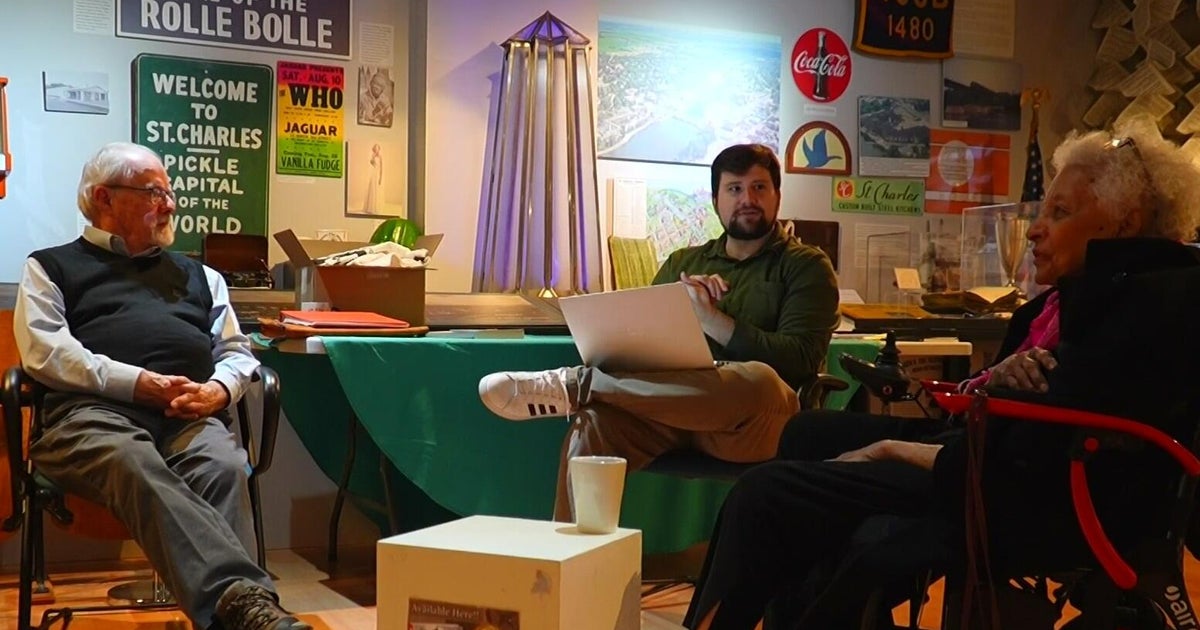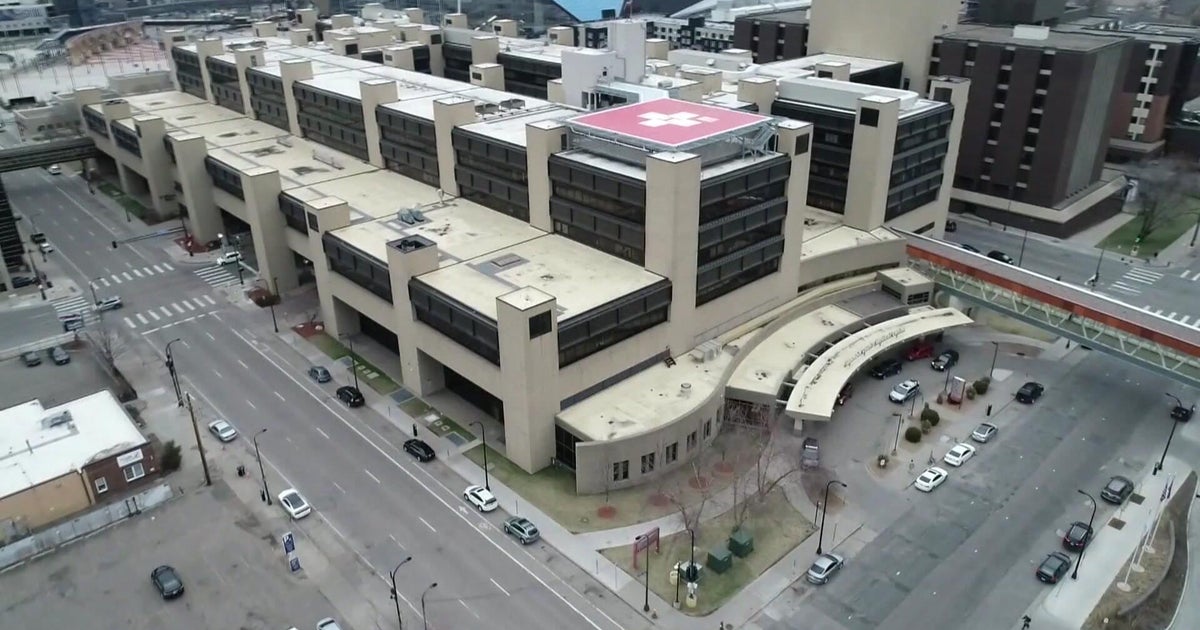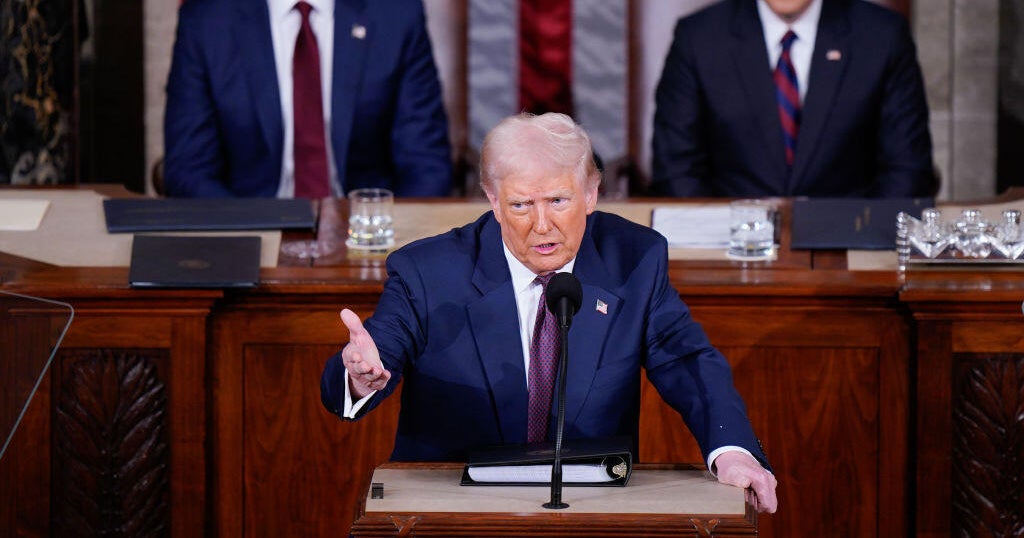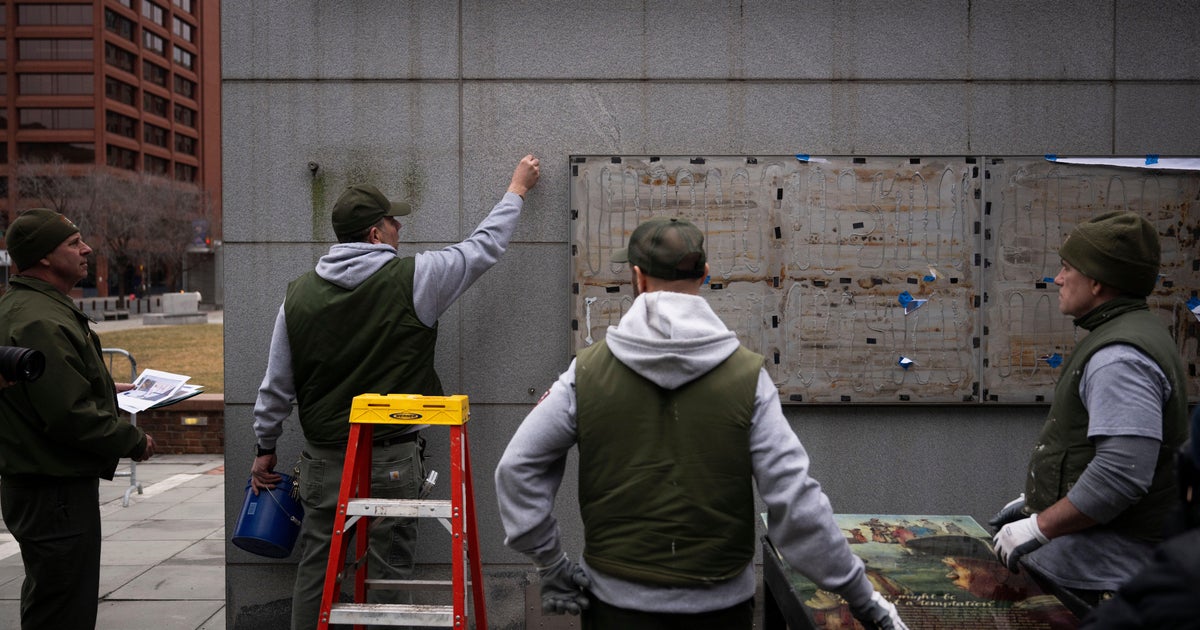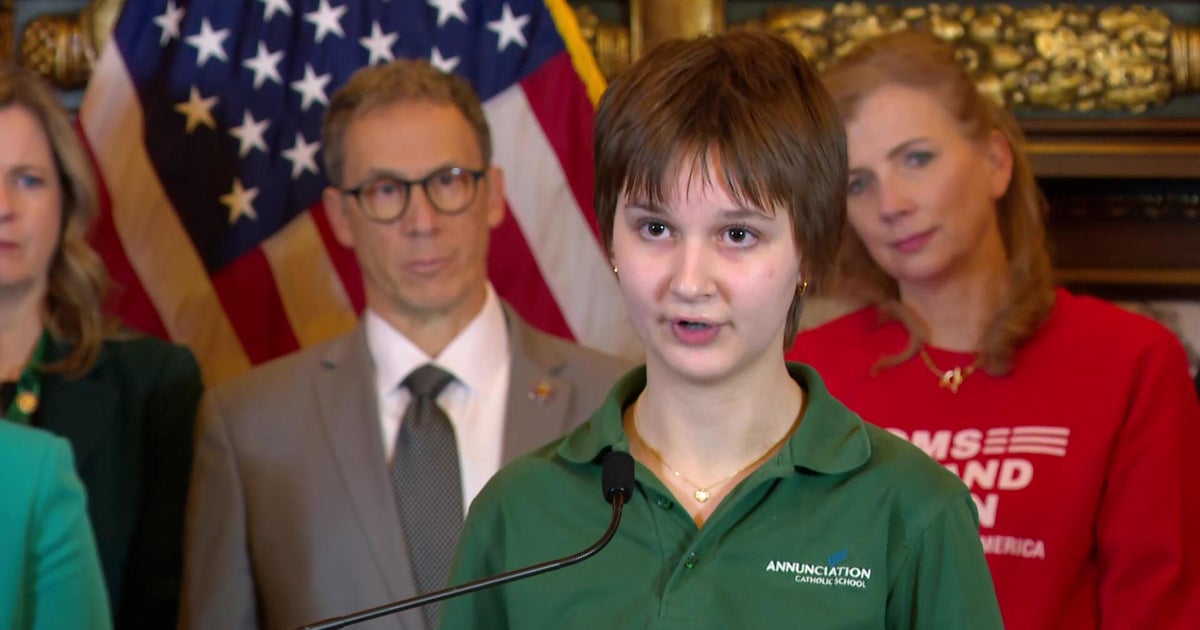Illinois House Ends Current Session With No Vote On Pension Reform
Updated 01/08/13 - 8:55 p.m.
SPRINGFIELD, Ill. (AP) -- Illinois lawmakers abruptly adjourned a lame-duck legislative session Tuesday without agreement on how to fix the nation's most dire pension crisis, declining even to vote on the governor's last-ditch effort to let an independent commission sort out the $96 billion mess.
The push to solve the crisis by Gov. Pat Quinn's deadline of Wednesday, when a new Legislature is sworn in, crumbled swiftly during the day. Democratic sponsors of a reform bill failed to amass the votes necessary amid stiff union resistance and legislative leadership unwilling to chance a roll-call vote.
Certain the measure lacked the required 60 votes in the House to require increased employee contributions and a reduction in post-retirement benefits, Quinn called an audible.
He proposed throwing the mess to an independent commission that would have the power to reset the pension programs provided lawmakers do not veto the plan.
Several lawmakers, including the House majority leader, expressed serious reservations about the legality of the measure. Shortly afterward, powerful House Speaker Michael Madigan, a Chicago Democrat, adjourned the General Assembly without even mentioning Quinn's proposal.
"When you're impacting people's retirement security, it's a tough vote, and people have a lot of different concerns about it," said Rep. Elaine Nekritz, a Northbrook Democrat who led the Capitol's pension-fix drive.
Bond rating agencies are expected to issue new ratings Wednesday, and Quinn warned lawmakers that without any action on pension reform, Illinois' rating is in "dire jeopardy."
"It's already been downgraded on numerous occasions that we're looking unfortunately, perhaps, at another downgrade," he said.
A freshly minted set of lawmakers takes the oath of office Wednesday with an even larger Democratic majority but continued uncertainty about the pension measure's prospects.
Years of inattention by lawmakers and governors to properly fund five state-run pension accounts has led to $96 billion in red ink. Quinn has pushed the matter to crisis proportions since summer, setting Wednesday as the deadline for a deal.
The Democrat says the gaping hole widens by $17 million a day and to catch up, the state's obligation -- $6 billion this year -- will soon eclipse one-third of the total amount of revenue the state takes into its general checking account each year, eating up more and more of the money available for schools, health care and public safety.
"It's a huge failure for the governor and for the Democratic Party," said Senate Republican Leader Christine Radogno of Lemont. "I mean, they control everything in this building. ... It's the Democrats that don't agree."
Senate President John Cullerton, whose chamber was on standby Tuesday to return to Springfield if needed for a vote, continued to push an alternative scaled-down measure that he contends would survive a court challenge. After the House quit Tuesday night, he told reporters that he would put forward similar legislation in the new Legislature but remains open to compromise.
Responding to Quinn's plea, Cullerton said lawmakers shouldn't be panicking.
"The pension system and the state are no way bankrupt," the Chicago Democrat said. "It's just not true."
A solution has stupefied lawmakers for a year, and bond rating agencies have deemed Illinois' credit the worst in the nation. But the money the state owes doesn't have to be paid in one lump sum -- any pension "reform" proposal means capturing solvency over the next three decades.
The day began with Quinn addressing reporters with an urgent plea to adopt a plan before a new Legislature has to start over.
"We cannot allow the Illinois economy to be held hostage by political timidity," Quinn said. "We have to be bold. We have to do things that are difficult. We have to take on the challenge of our time and meet that challenge."
But by mid-afternoon, with Nekritz reporting to The Associated Press that she was a half-dozen or more votes short, Quinn emerged before the pensions committee with the commission plan.
The panel of eight outsiders chosen by legislative leaders would have been asked to recommend changes by April 30. Under the plan, the recommendations would have taken effect unless the General Assembly nixed them within 30 days.
Quinn called the situation an "emergency" that required "extraordinary action." Although the panel moved it to the floor, House Majority Leader Barbara Flynn Currie said she was worried about "the inappropriate and improper delegation of authority."
A spokeswoman said Quinn was "very disappointed" by Tuesday's outcome.
"The people of Illinois are paying the price," spokeswoman Brooke Anderson said. "We've got a job to do."
But even with the deflated mood, Currie predicted "it's going to happen."
"But I'm not sure there yet was consensus about what it ought to look like," the Chicago Democrat said. "This is very tough."
Unions have opposed legislative pension plans because they would take away benefits that have long been promised to state workers. A coalition of union groups has called for a "summit" this month to deliberate the problem more thoroughly.
"We have plenty of time to do this right," said John Cameron of the American Federation of State, County and Municipal Employees.
(TM and © Copyright 2013 The Associated Press. All Rights Reserved. This material may not be published, broadcast, rewritten or redistributed.)

